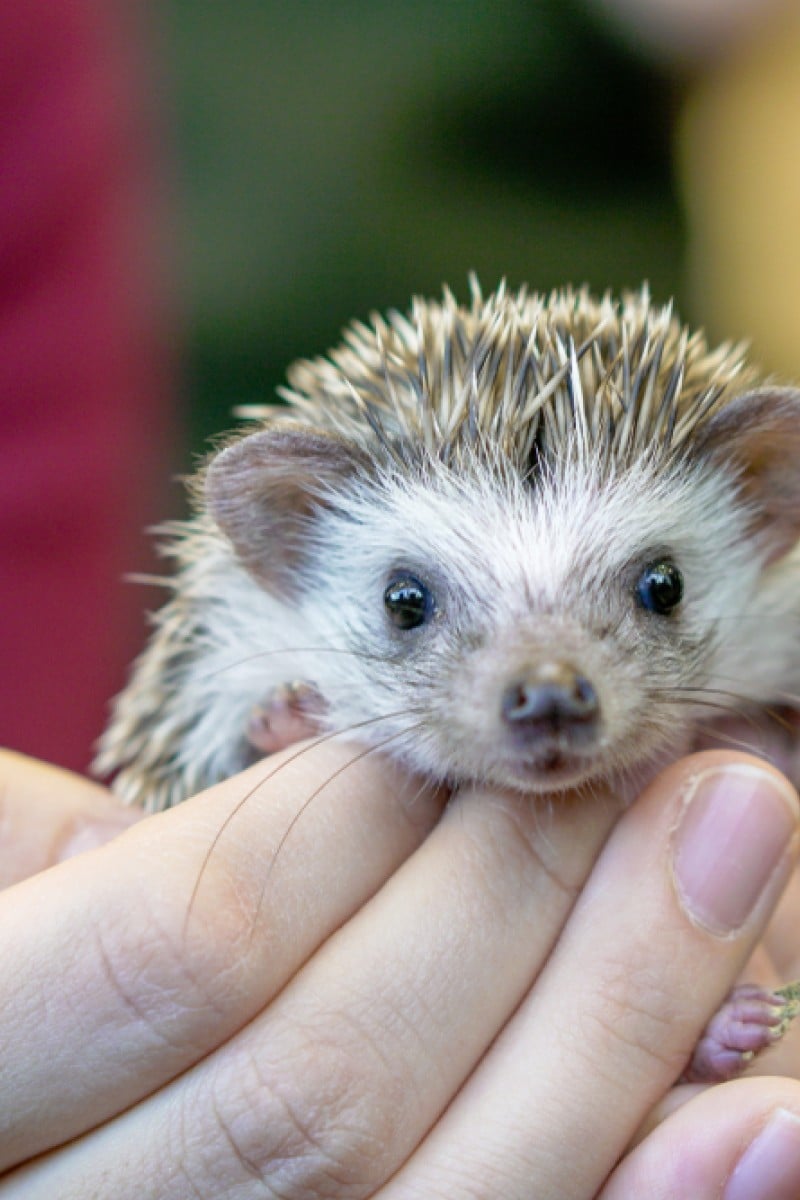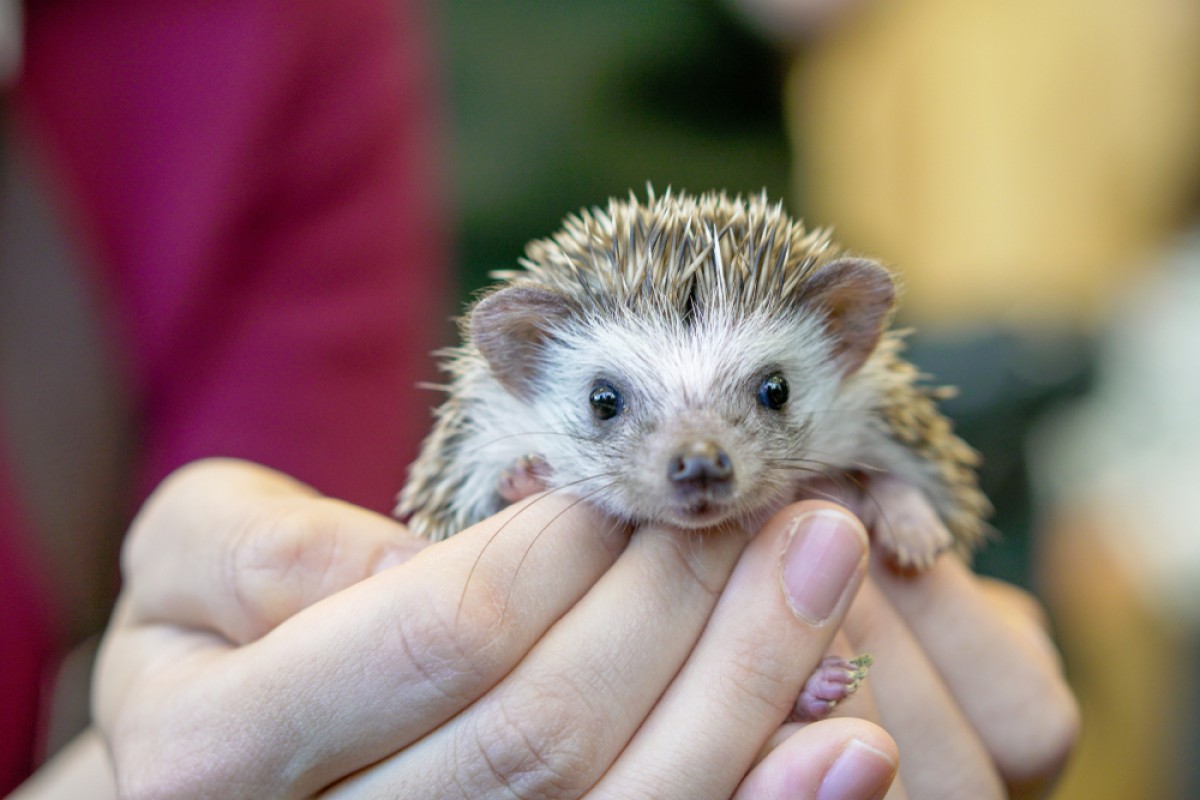
Pet parenting 101: Hedgehogs: after the Sonic boom
We’ve all seen these creatures in our video games, and some of the bigger ones have become popular pets. So here are some things to consider if you want a prickly ball of cuteness as your very own
 Despite their small size, hedgehogs need lots of room to run around in.
Despite their small size, hedgehogs need lots of room to run around in. Hedgehogs have been featured in children’s stories and computer games for years, but only recently have they become popular as pets in Hong Kong. Their spine-covered fur and an amazing ability to roll into a ball when animals that want to eat them are around are two things that make them stand out. Despite both having spines, they are quite different from the large porcupines that are common in our country parks, and can make adorable pets.
Facts
African hedgehogs can weigh up to 600 grams, and their natural home is forest, grassland and bushy areas. They roam in the wild at night, and spend many hours in the undergrowth, searching for food. All hedgehogs eat mostly insects, such as crickets, beetles, snails and earthworms, and sometimes even a frog and some plants.
All this time spent searching for food each night has resulted in hedgehogs being very curious animals that need lots of exercise and other things to do. These little guys could easily walk for several kilometres each night and spend a great deal of time exploring the land around them. If you have them as pets, it is important to provide them with the correct living conditions and diet to keep them from becoming fat.
Here's everything you should know about hedgehogs before getting one as a pet
Types
The most common type kept is the African Pygmy Hedgehog. These animals have been captive bred for many years, and many are the result of cross-breeding different types. Originally dark brown with lighter bellies, they now produce many types of different colours.
Housing
Hedgehogs do well in large cages designed for rabbits or guinea pigs. The floors of cages must be solid and not wire, as walking on these surfaces can hurt them and cause pain. The best temperature is around 22-25 degrees Celsius, so most rooms with air cons are fine. Hedgehogs are very prone to heat stroke - more so if they are overweight - so make sure too much sunshine doesn’t beat down on them.
As with all animals, housing can never be too big but can easily be too small. Cages must be at the very least big enough to hold a litter tray, hide box, exercise wheel, some toys and enough room to move around in between. The floor of the cage can be covered with soft bedding such as towels or deep wood shavings that will allow them to root around.
What you need to know about our prickly pals the hedgehog
Exercise
Hedgehogs need exercise to prevent becoming fat and to stop them getting bored. Exercise wheels are important unless you can give them a whole room to live in. If you give them a wheel, it has to be solid, as wire wheels can lead to sores on the feet, and there is always the danger of legs getting trapped. Remember that all exercise wheels make some noise and that your pet might be active for several hours every night. Bear this in mind if you are a light sleeper and you plan to keep your hedgehog in your bedroom!
Feeding them
Hedgehogs need a diet that is high in protein, fibre and fat. There are special diets on offer that are designed for hedgehogs. These can be used to replace the meat and insect portion of the diet. Another option would be to use a good quality tinned cat food. This should be offered alongside a mix of chopped vegetables and fruit such as banana, carrots or spinach. Make sure the fruit and vegetables are fresh as they can easily spoil after chopping. Because they are night creatures, hedgehogs should have their food then, too.
Hedgehogs get excited if you give them crickets or mealworms. Limit these treats to once or twice a week because the live foods you will find in the pet shops are very high in fat.
They also need water all the time. Sometimes hedgehogs can be fussy about where they drink from so it’s best to offer both a drinker bottle and a bowl. Remember that these little guys love to turn things over, so make sure the bowl is heavy enough that they can’t move it.
It’s important to check your pet’s weight often and adjust how much you feed them up or down.
